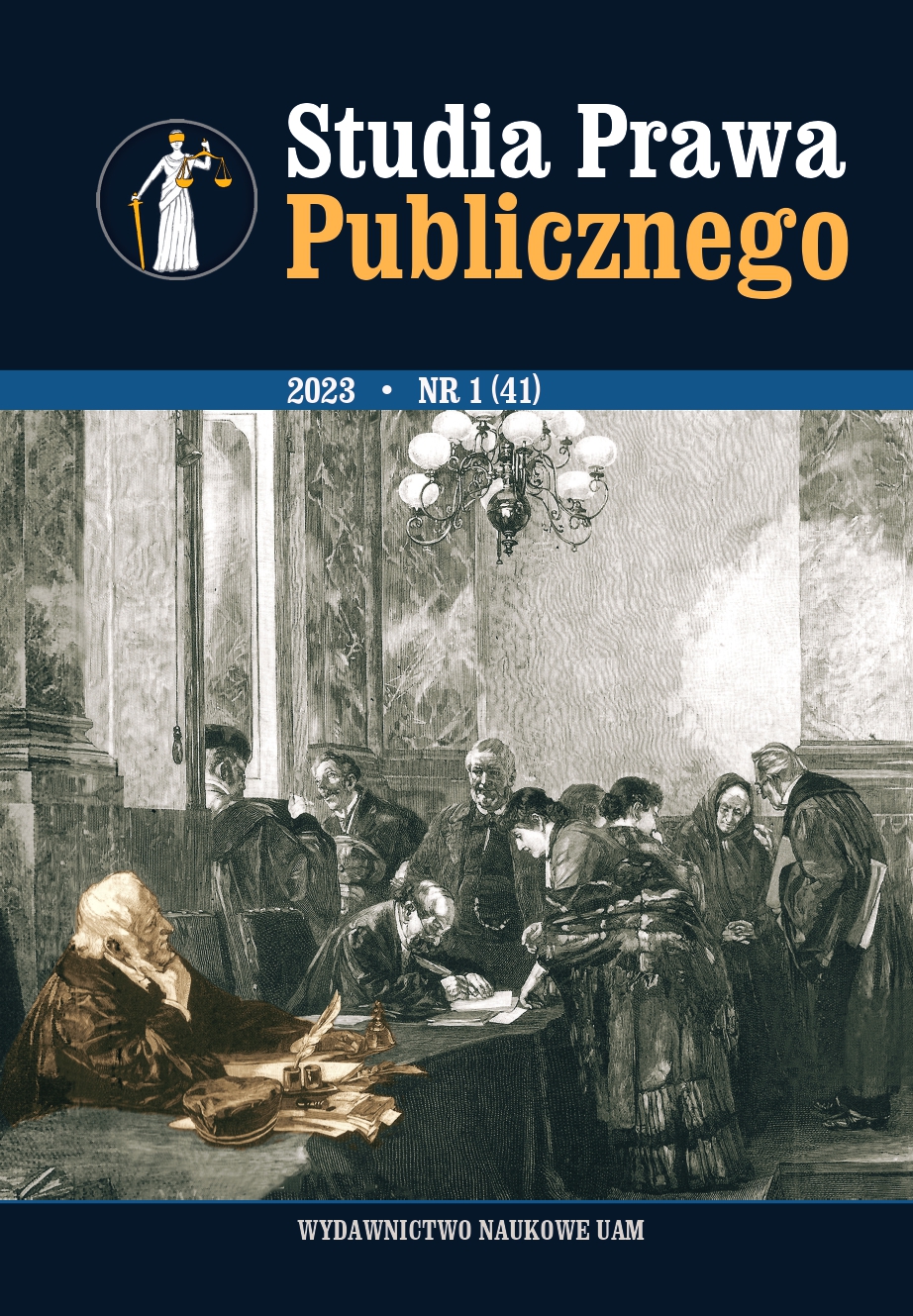Status prawny kobiet w wielkich kodyfikacjach cywilnych XIX wieku
The legal status of women in the great civil codifications of the 19th century
Author(s): Małgorzata Materniak-PawłowskaSubject(s): Public Law
Published by: Uniwersytet Adama Mickiewicza
Keywords: civil codifications; women’s rights; gender equality; 19th century;
Summary/Abstract: Modern civil law’s roots can be traced back to the 19th century, when its basic institutions were comprehensively regulated in three civil codes: the French Civil Code of 1804, known since 1807 as the Napoleonic Code, the Austrian Allgemeines Burgerliches Gesetzbuch (ABGB) of 1811 and the German Burgerliches Gesetzbuch (BGB) of 1896–1900. In the literature, these codes are commonly referred to as the Great Civil Codifications, as they have been influential in shaping European civil law doctrine from their inception to the present day. Although they were drafted under different political conditions (the French and Austrian Codes originated in 18th-century philosophy of natural law, with its individualistic treatment of private law subjects, while the German Code resulted from the triumph of positivism in the second half of the 19th century), and their original content was subject to far-reaching revisions over the years, their invariable merit lay in creating a legal framework guaranteeing the inviolability of individual rights, based on respect for the individual’s fundamental subjective rights under civil law and respect for the autonomy of the will in their implementation. These rights included: the equality and universality of civil rights; the treatment of marriage as a civil contract; the guarantee of the inviolability of private property; the freedom to shape civil law relations by contract; the autonomy of the will of the individual in disposing his or her succession rights. Yet these rights were accompanied by a whole range of limitations and exclusions, particularly for women, whose legal position in terms of civil rights vis-à-vis men was far from the equality and universality of civil law subjects as declared in each of the aforementioned codes. This handicap was only to be remedied in the century that followed.
Journal: Studia Prawa Publicznego
- Issue Year: 41/2023
- Issue No: 1
- Page Range: 49-64
- Page Count: 16
- Language: Polish

